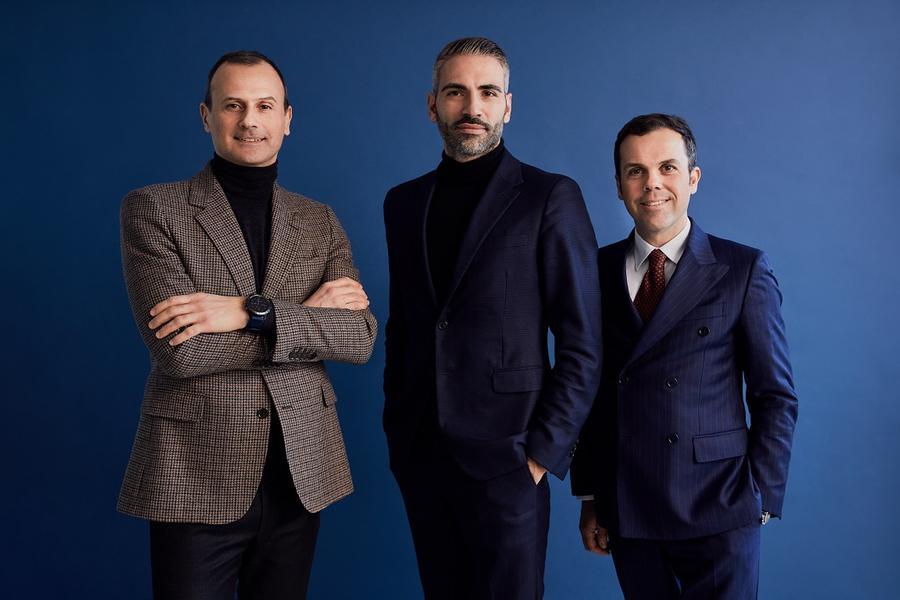Question to Bukele about “doubt” about Bitcoin
Salvadoran President Nayib Bukele added his voice to the boastful ministers after the United Nations World Tourism Organization (WTO) August 1 World Tourism Barometer report placed El Salvador as one of only 16 countries to have seen its international tourism earnings fully restored to pre-pandemic levels .
While his ministers pointed to bitcoin and said crypto-based tourism had a lot to do with it, Bukele shared the credit a little further, saying: “the reasons behind it are mostly #Bitcoin and surf.”
But, he added, domestic tourism is growing even faster, “mainly because of our crackdown on gangs.”
Only a handful of countries have been able to restore tourism to pre-pandemic levels.
And it is international tourism, so the reasons behind it are most #Bitcoin and surf
But internal tourism is growing even more, largely because of our crackdown on gangs. pic.twitter.com/Iy6mFliicJ
— Nayib Bukele (@nayibbukele) 6 August 2022
Interesting question
However, El Diario de Hoy has four questions for Bukele that it said must be answered, as there are “doubts about Bitcoin that persist eleven months after its adoption.”
Starting with the numbers, the media cited $107 million spent on 2,381 bitcoins, $120 million to give each citizen a $30 value to incentivize them to open a Chivo wallet, and another $150 million for a fund.
What El Diario said it doesn’t know — and what prompted it to put quotation marks indicating doubt around the word “2,381 bitcoins that the country ‘possesses’ in its reserves” — is this:
- “Who approved the purchases?” The legislature has not issued any decree or law allowing the government to allocate funds to purchase bitcoins, it said.
- “Who controls these bitcoins?” “Due to government non-transparency in everything related to Bitcoin, it is not known who is in control of these crypto-assets,” the newspaper said. “But Bukele confirms that he buys from his phone.”
- “How much has been spent on the implementation of Bitcoin as legal tender?” Although it is impossible to put an exact amount on the expenditure “due to the government’s opacity”, El Diario said the true figure could amount to around $450 million, according to economists consulted.
- “From which portfolio do the funds for these purchases come?” El Diario said that because there is no “legislative decree that specifies the origin of the money to make these purchases,” it is unknown whether it came from the Bitcoin Trust or somewhere else.
Although the article did not specify beyond the $377 million quoted earlier, one possible source of these figures is the price the country has had to pay to borrow on the sovereign debt market. Rating agencies, troubled by a number of problems, including both the bitcoin experiment and the lack of details about it, have cut the financially struggling country’s bond rating well into junk territory.
Read more: El Salvador Weekly: Morgan Stanley says buy El Salvador bonds (at 28 cents on the dollar)
Indeed, it has been cut so much that Morgan Stanley’s global head of emerging markets sovereign credit strategy advised clients to buy Salvadoran debt because, at 28 cents on the dollar, the country is being “excessively penalized”, even with the threat of a debt default early next year .
For all PYMNTS crypto coverage, subscribe to the daily Crypto newsletter.
——————————
NEW PYMNTS SURVEY FINDS 3 IN 4 CONSUMERS WITH STRONG DEMAND FOR SUPER APPS

About: The findings of PYMNTS’ new study, “The Super App Shift: How Consumers Want To Save, Shop And Spend In The Connected Economy”, a collaboration with PayPal, analyzed the responses of 9,904 consumers in Australia, Germany, the UK and the US and showed strong demand for a single multi-functional super app instead of using dozens of individuals.



